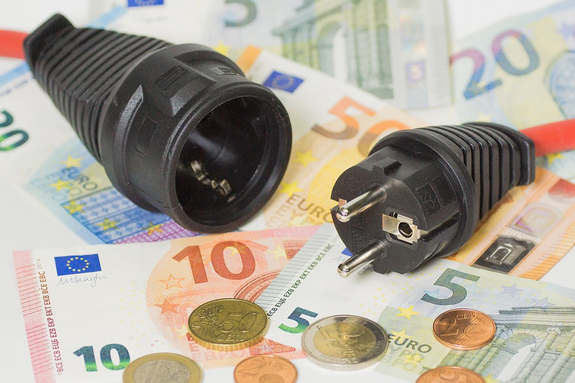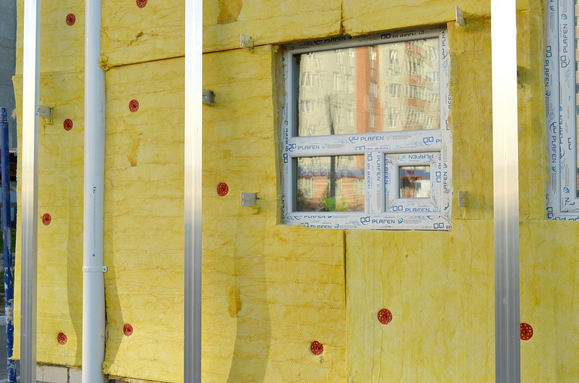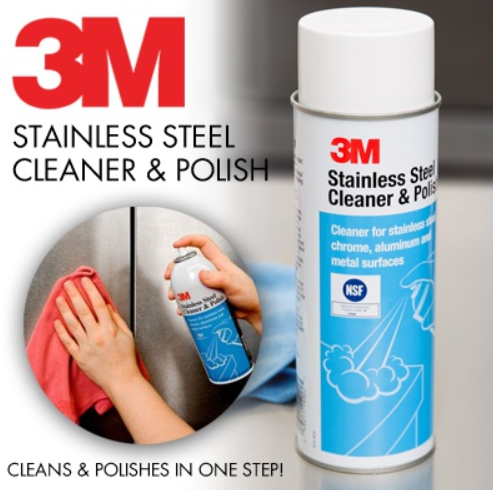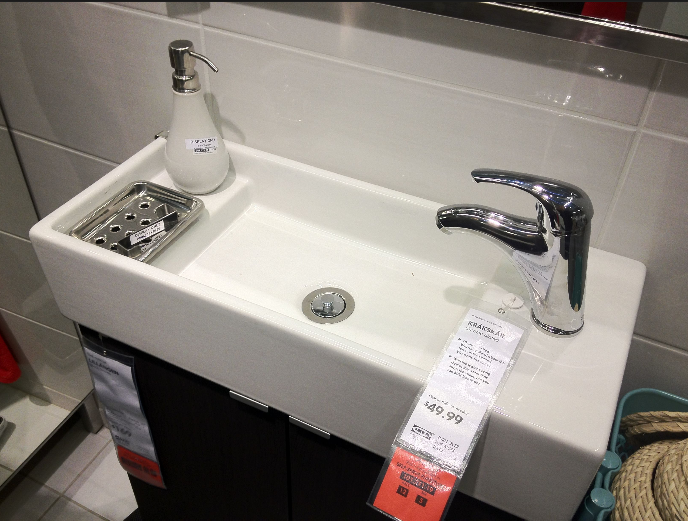Is Your Home Wasting Energy? Key Signs It’s Time for a Green Upgrade

Is your home a cozy sanctuary or an unsuspecting energy guzzler? With rising utility bills and increasing environmental concerns, ensuring that your living space is running at peak efficiency is more important than ever. You might be surprised to discover how many energy-wasting habits lurking under your roof! The signs can be subtle but impactful, from drafty windows to outdated appliances. Join us as we uncover the critical indicators that your home may be wasting energy—and explore simple yet effective green upgrades that reduce your carbon footprint and save you money in the long run. Let’s transform your house into an eco-friendly haven together.
Your Energy Bills Are Through the Roof
One of the most obvious signs that your home isn’t energy-efficient is sky-high utility bills. If your heating, cooling, or electricity costs have increased, it’s a red flag that your home could use upgrades. Poor insulation, old windows, and outdated appliances can cause your home to use more energy than necessary.
If you’ve tried lowering the thermostat or being mindful of your electricity usage and your bills are still high, it’s time to look at improving your home’s efficiency. Visit wuppertaler-rundschau for more information on simple changes that can help you save on energy costs.
Your Home Is Drafty and Uncomfortable
Do you feel chilly in the winter, even with the heat on? Or your home is too hot in the summer, even with the air conditioner running. If your home doesn’t maintain a consistent, comfortable temperature, it’s likely that air is escaping (or getting in) through leaks around windows, doors, and other parts of your house.
Drafts are uncomfortable and can cause your heating and cooling systems to work overtime, wasting energy. Sealing gaps and investing in better insulation can make a huge difference.
Your Windows Are Old or Inefficient

If your windows are single-paned or older models, they could contribute to energy loss. Modern windows are designed to be energy-efficient, with double or triple panes that provide better insulation and reduce heat transfer.
Old windows can let out warm air in the winter and allow hot air in during the summer, making it harder to maintain a comfortable temperature in your home. Upgrading to energy-efficient windows can help keep your home’s temperature stable and reduce heating and cooling costs.
Your Appliances Are Outdated
Older appliances are notorious energy hogs. If your refrigerator, dishwasher, washing machine, or HVAC system is over a decade old, it uses more energy than necessary.
Newer appliances with an ENERGY STAR rating are designed to use less energy while still performing efficiently. Replacing old appliances with energy-efficient models can make a big difference in your home’s overall energy use—and your monthly bills.
You’re Still Using Incandescent Bulbs
While it might seem like a small thing, the type of light bulbs you use can have a significant impact on your home’s energy efficiency. Incandescent bulbs are much less efficient than newer options like LED or CFL bulbs.
If your home still uses incandescent lighting, you waste energy and money. Switching to LED or CFL bulbs can reduce your energy consumption and save you money in the long run, all while providing the same (or better) lighting quality.
Your Home Lacks Proper Insulation

Insulation is one of the most critical factors in maintaining an energy-efficient home. Without proper insulation, your home loses heat in the winter and gains unwanted heat in the summer. This makes your heating and cooling systems work harder, using more energy and costing you more money.
If your home was built before energy-efficient insulation standards were implemented or hasn’t been updated in a while, it might be time to consider upgrading your insulation.
Your HVAC System Runs Nonstop
Does your HVAC system seem to run constantly, struggling to keep your home at a comfortable temperature? If so, it’s likely that your home isn’t as energy-efficient as it could be. Older or poorly maintained HVAC systems often work harder than necessary, consuming more energy in the process.
Upgrading to an energy-efficient HVAC system can help, but first, check if your home has adequate insulation and sealing. You may find that after making those improvements, your system won’t have to work so hard, and your energy bills will drop.


